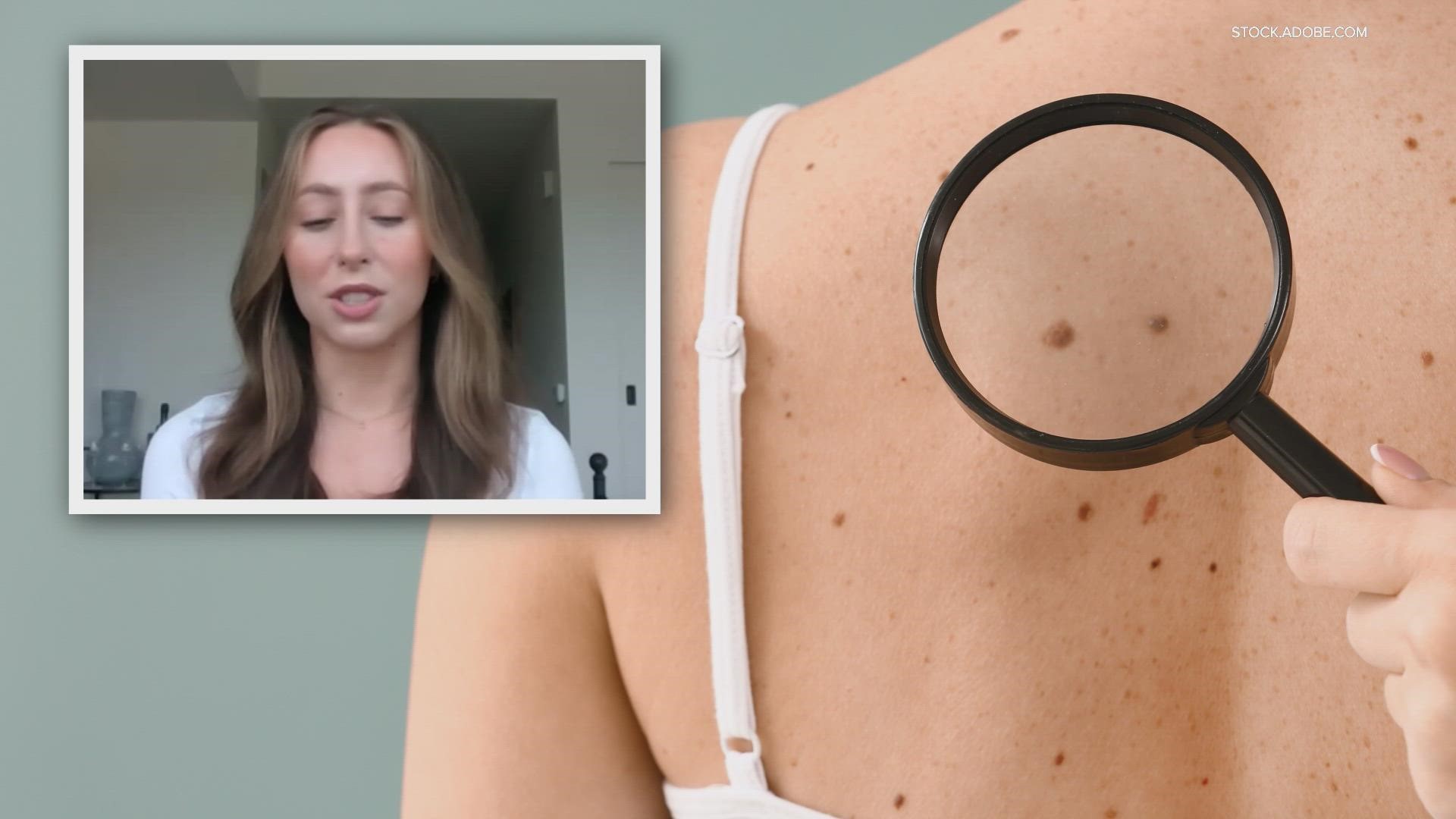OREGON, USA — An Oregon State University professor is leading international research toward development of a vaccine to prevent skin cancer.
"We are really excited," said Arup Indra, leader of the study and professor of pharmaceutical sciences at Oregon State University (OSU).
According to the American Cancer Society, melanoma is the most common form of cancer in the country, with nearly 110,000 people diagnosed in 2021. More than 7,000 are estimated to have died.
"Every year, the incidents of melanoma are significantly increasing," Indra said. "We need to think sooner than later."
Indra's team found that a certain protein called TR1 can help cells heal themselves from ultraviolet damage. He said a vaccine could stimulate production of that protein in the body to help lower risk of skin cancer in people.
"Kind of a super booster," Indra described.
He said a vaccine would use the same mRNA technology as Pfizer and Moderna's COVID-19 vaccines.
The mRNA shots teach one's body to fight disease without the body ever exposed to a germ, or in this case cancer cells.
A new vaccine for skin cancer could use that same technology to teach cells how to produce more TR1 protein and boost the antioxidant response to repair damaged or potentially cancerous cells.
For skin cancer survivors like Natalie Long, 26, in Portland, the possibility is welcome.
In 2018, Long went to the doctor to check a mole on her skin.
"It was just something I decided to get checked out on a whim," Long said.
At 23 years old, she learned she had skin cancer.
"Really shocked me," she said, noting how mindful she was about sun exposure. "Because we don't live in a state where it's so sunny and skin cancer is constantly top of mind, it flies under the radar for a lot of folks."
According to Indra, Oregon ranks in the top 14 states for melanoma risk.
It could take a few more years before his team's potential skin cancer vaccine is ready for human trials, but researchers in Oregon, Utah and Japan are optimistic the technology could change lives.
In the meantime, experts say prevention and routine checks are important.
"If you catch a melanoma early, it is 99% curable. Cut it out. It is out," said Dr. Adam Friedman of the American Academy of Dermatology.
"I'm fortunate that I got it checked early enough," Long said.
Long's skin cancer did not spread. She had the spot removed and now gets checked every few months.
"It totally changed the way I view my own health," Long said.

